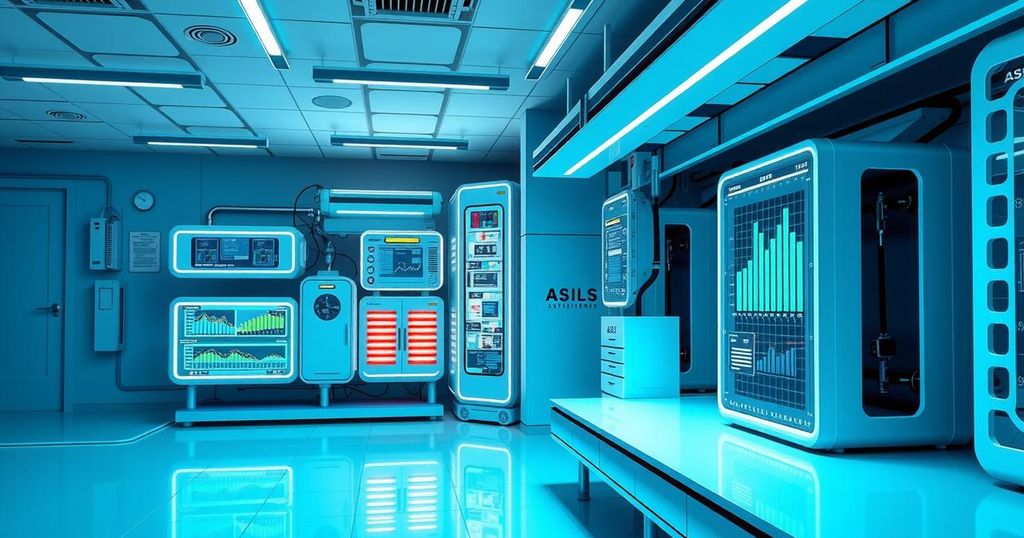Pharma GCCs Tap Artificial Intelligence to Fast-Track Drug Discovery
- Pharmaceutical global capability centres are crucial in drug development.
- AI and GenAI technologies are reshaping the drug discovery process.
- Experts claim AI could reduce drug development time by 50%.
- GCCs are co-creating AI solutions to enhance clinical trials.
- The future of drug development looks promising with AI innovations.
The Significant Role of GCCs in Drug Development
Pharmaceutical global capability centres, often referred to as GCCs, have become pivotal in the ongoing transformation of the drug development landscape—especially in India. Their rise as essential players is largely driven by the rapid integration of artificial intelligence (AI) and generative AI (GenAI) technologies. These sophisticated digital tools are not just revolutionizing traditional methods; they’re shaping the very future of medicine by shortening the timelines and reducing the financial burdens associated with developing new drugs and therapies. Optimal efficiency is the buzzword around these centres, and with AI in the game, the dream of faster medicine is edging closer to reality.
How AI is Changing the Drug Creation Landscape
The journey from the initial concept of a drug to actually delivering a viable medicine to patients usually spans an extensive 10 to 14 years. However, industry experts advocate that AI could trim this duration by as much as half. Zheng Yi, a spokesperson in the field, noted that utilizing AI not only streamlines ideation processes but can also enhance the effectiveness of clinical trials and regulatory procedures. It’s a multi-faceted approach that aims to elevate success rates and provide new avenues for therapeutic advancements. With constant evolution in technology, GCCs have the resources and agility to rapidly co-create tailored AI solutions that cater to various phases of drug development.
Challenges and Innovations in AI-Driven Drug Discovery
There’s no doubt that the future looks promising. These centres are continuously pushing boundaries, exploring ways to integrate cutting-edge digital strategies into everyday practices. The collaborative spirit within GCCs fosters innovation as they work hand-in-hand with researchers and pharmaceutical companies. Every leap in AI capabilities will likely yield not just faster drugs but also improved outcomes for patients all around the globe. Still, the integration comes with challenges, including the need for robust data management and ethical considerations surrounding AI applications. As these hurdles are addressed, the merging of AI with drug discovery is set to redefine pharmaceutical paradigms and reshape healthcare as we know it.
In summary, pharmaceutical global capability centres in India are at the forefront of integrating artificial intelligence into drug development. With the promise to significantly cut timelines and costs while increasing success rates, AI technology is becoming a game-changer for the industry. The focus now turns to overcoming the challenges ahead as GCCs pave the way for the next generation of therapeutics in healthcare.




Post Comment